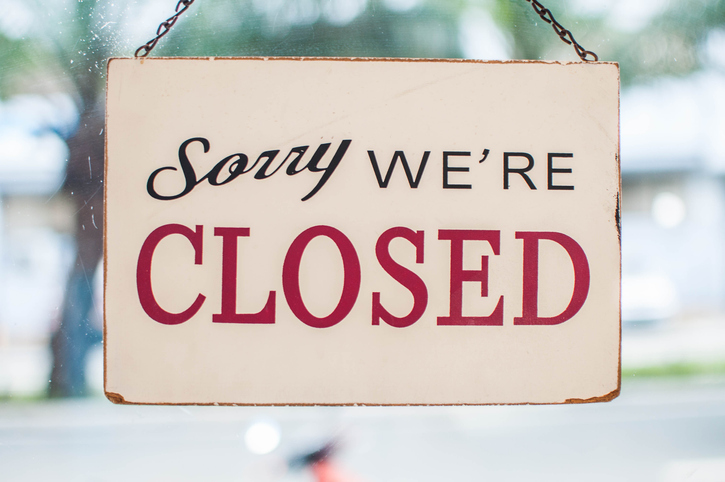September 3, 2025
Closure of Charles Lindbergh House and Museum Marks a Dark Day for Historical Education

Two years ago, disenchanted with the grind of civil litigation and the emptiness of a hefty paycheck, I sought refuge in the serene realms of history and nature. My journey led me to the Charles Lindbergh House and Museum, a place where the complex legacy of one of America’s most iconic figures was brought to life daily.
Charles Lindbergh was not just the audacious pilot who first flew solo nonstop across the Atlantic in 1927, becoming an overnight sensation. His life was a tapestry of heroism and controversy: from his innovations in aviation to his tragic personal losses, and his disturbing dalliances with Nazism and eugenics. Working at the museum, we tackled these contradictions head-on, ensuring visitors left both informed and provoked, pondering the multifaceted nature of historical figures.
The museum was more than just an archive of Lindbergh’s exploits and follies; it was a vibrant community hub, animated by a dedicated staff whose passion for history enriched the narratives told. The camaraderie among the staff, and their joy in sharing knowledge, transformed the museum from a mere repository of artifacts into a lively, educational enclave.
However, this enriching experience has come to an abrupt end. The museum has been permanently closed, a casualty of budget cuts executed by executives far removed from the daily impacts of their decisions. This decision not only silences a vital piece of American history but also scatters a team whose expertise brought Lindbergh’s story to thousands. The closure is a loss not just for those employed there, or the local community, but for anyone who believes in the power of historical education to inform and inspire.
The shuttering of the Charles Lindbergh House and Museum is emblematic of a broader assault on historical understanding—a trend where financial expediency trumps cultural enrichment. As the physical structure faces decay, so too does the nuanced comprehension of a figure who embodied both the highs and lows of American idealism. Without such institutions, we risk a collective amnesia, overlooking the lessons history imparts about the complexity of human character and the consequences of our ideologies and actions.
In the end, the closure represents more than the loss of jobs or an educational resource. It signifies the fading of a space where history's contentious, instructive stories were told unabashedly—a small world I cherished, now relegated to memory.